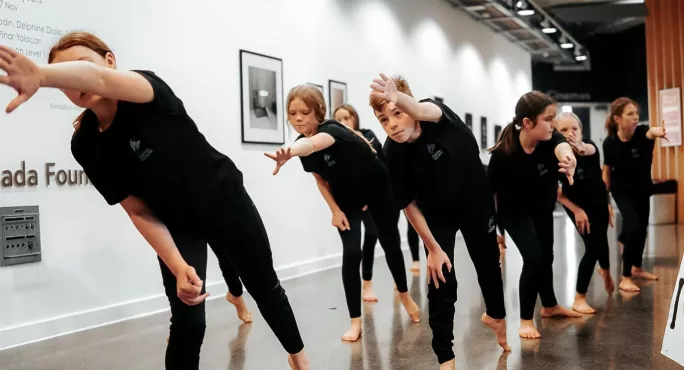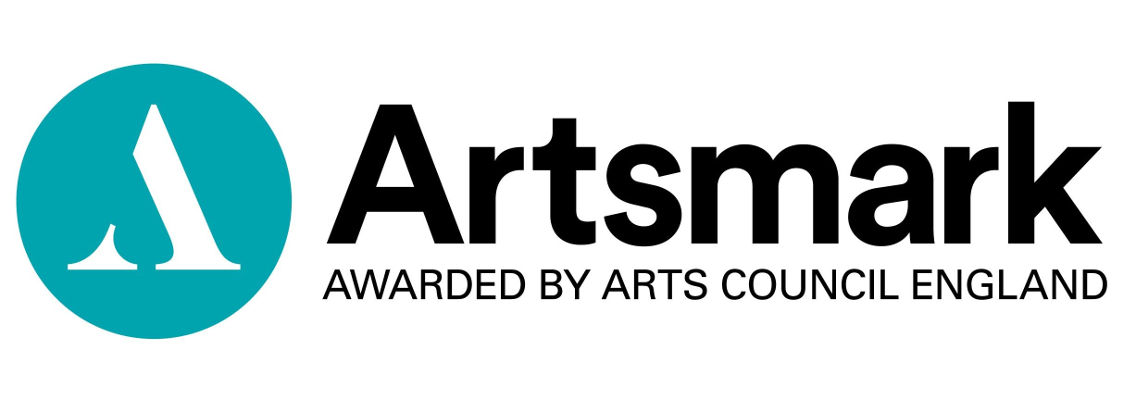Why an arts-rich curriculum boosts student mental health

In 2021, Chorlton High School in Manchester was named the creative school of the year at the Tes Awards, and also won the mental health and wellbeing award. This achievement would have been impressive in any year but was particularly so last year, when many schools had to cut back on their arts provision during lockdown.
At Chorlton High, the arts have always been at the centre of the curriculum, though - and will continue to be so long into the future. It was one of the first schools to be accredited with an Artsmark Award and now holds a Platinum award: the highest level a school can receive.
Here, Zoe Morris, the school’s headteacher and Rachel Quinn, assistant headteacher and director of curriculum, tell Tes how they have supported pupils’ wellbeing through maintaining a focus on the arts, despite the odds.
Tes: How much importance do you place on the arts at your school?
Morris: The arts are integral to our identity as a school: we talk about being successful, creative and happy. This creativity is embedded in every corner of our school, but the arts subjects are a really big part of our young people’s experience.
When schools had a specialist school status, ours was for the performing arts: it’s always been something that has made us special. However, when the school was rebuilt in 2004, we pushed this even further and put the arts at the heart of the building. We don’t have a school hall, for example, but we do have a theatre and a recording studio.
You take a cross-curricular approach to the arts at your school. How does this work?
Morris: All teachers are very passionate about the arts, and we train them to be creative and to embed cultural connections, no matter what subject they teach. In maths, for example, creativity is vital: it’s all about problem-solving and taking risks. In science, children need creativity to innovate. The skills they gain in the arts lessons really help to build on all of those skills.
Quinn: A lot of CPD is focused on creative teaching and learning approaches, and we support teachers to make their lessons more creative. Just last week, one of our history teachers came to the theatre looking for costumes for his Year 7s as part of a re-enactment.
What sort of opportunities do your children get that they wouldn’t elsewhere?
Quinn: We embed a lot of enrichment into the curriculum. We want everyone to be able to experience the arts, but we’re aware it may be difficult for some. Students go to the theatre once a year, and have two to three other cultural trips too, and we fund these for pupil premium students and others who need financial support.
We also have two Extended Learning Experience days a year on which we stop the timetable and do something different. This gives students the opportunity to develop cultural capital, and trips could be anything from a walking tour of the town to going to a museum. These days really help to instil a passion for the arts and develop those skills outside the curriculum.
Morris: We take full advantage of being in a big creative city, and more often than not, we have external companies come in and work with our students. We have visiting artists and theatre companies.
For our financially disadvantaged students, specifically, we have working lunches with artists, or someone working innovatively in the community. They talk about their career pathways and it enables our students to see what their futures could hold.
Have you been forced to change your approach in the wake of the pandemic?
Quinn: We knew we needed to keep our arts provision going during lockdown. It’s what brings us together as a community. We’ve got a school YouTube channel, and we moved all of our annual shows onto there. Everyone recorded sections in their own homes, and it was all edited together. We released the shows at a specific time in the evening, so there was a real feeling of everyone coming together, in their own living rooms, to watch it as a collective.
Every year we usually have a “Chorlton Arts Festival”, but this year, we moved it online.
Do you think that still having access to those opportunities in lockdown helped to support students’ wellbeing?
Morris: Yes. So many plays, shows and dance productions deal with difficult issues and give young people the chance to talk about what’s happening in the world, in a place they feel safe. The arts are a great vehicle for them to develop their own voice and ask questions, and they give them so much confidence and expression. These subjects bring joy and happiness to our students.
Quinn: We’re really reactive to what’s going on around us: when something happens in our world, we take the time to explore it. I had a lot of children approach me worried about the conflict in Israel and Palestine, for example, so we reached out to a charity called Friends of Roots who organised for each class to have a Zoom call with someone in Israel and Palestine. Children and staff are now actively fundraising for the charity, through the arts. We have a community pledge each year, and fundraise for a specific cause: this is a really good way of boosting their mental health because it shows they can enact change.
How do you ensure that everyone feels included?
Morris: It’s the ethos that everybody has a voice and everybody’s voice counts. It’s a very level playing field; students work with each other as equals and they know that everybody has got value to add. All of our classes are mixed ability, so we do have role models within those classes who can support others, but ultimately everybody is treated the same.
Have you seen an impact on outcomes as a result of focussing on the arts?
Morris: We see the impact every single day in terms of building young people’s confidence, self-regulation, motivation and taking control of their own independence. All of those skills are so transferable, and it really helps them to be successful in every aspect of their lives. We have some incredible alumni: former students perform on the highest stages, one has got an Ivor Novello award. It shows our students that anything is possible.
Artsmark is the only creative quality standard for schools and education settings accredited by Arts Council England. Put creativity and wellbeing at the heart of your curriculum. Register today at artsmark.org.uk/tes
topics in this article
